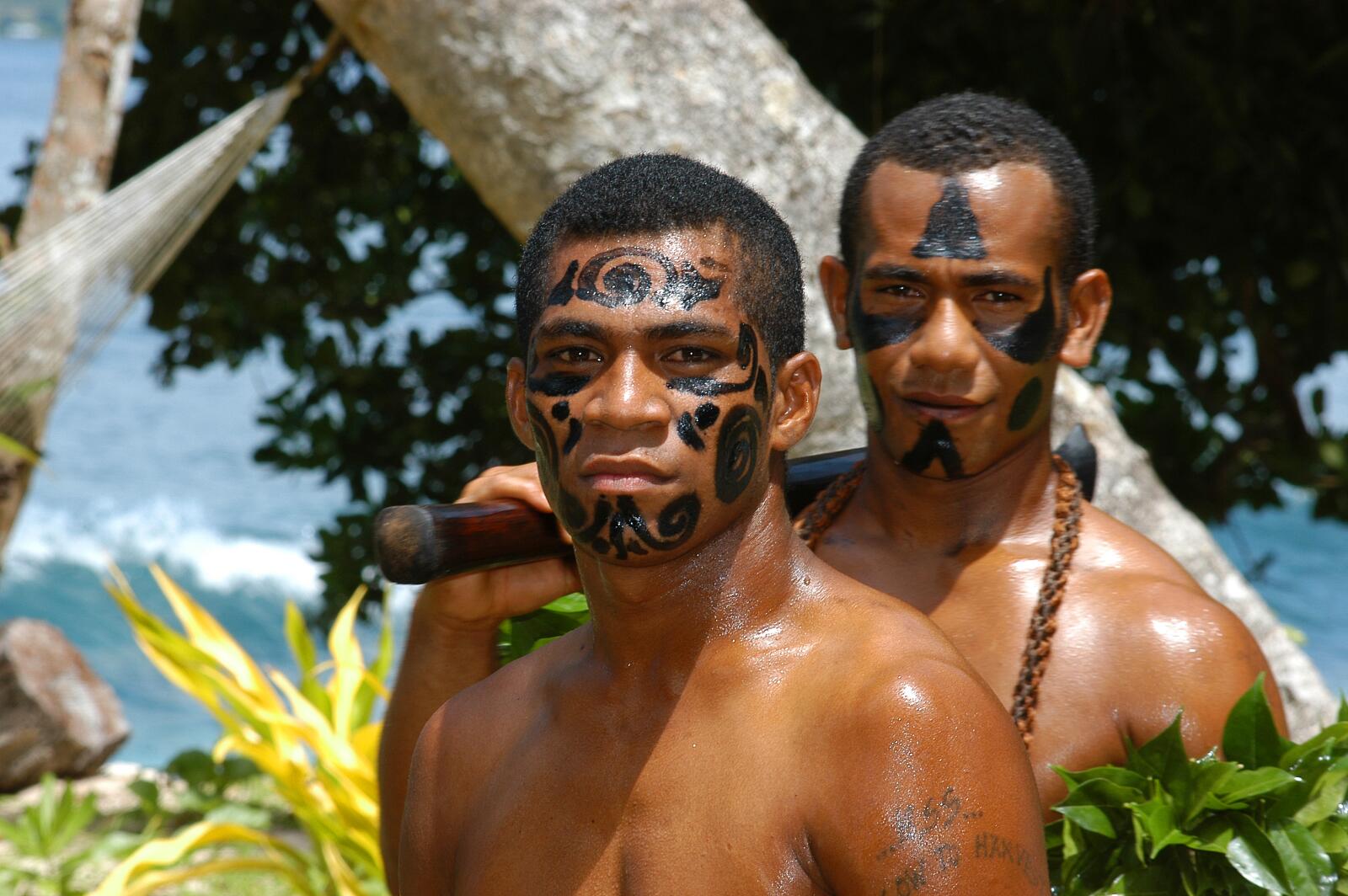
The Colourful History of Fiji
Renowned for it's pristine white beaches and crystal waters, Fiji has been a favourite Pacific holiday destination for decades. However, despite the multitudes of Australians who arrive on Fiji's shores each year, how much do we really know about the island nation and its rich history?
Unlike its neighbour Australia, Fiji has only been inhabited for an estimated 3500 years. First settled by the Melanesian people, they brought a diverse range of food and agricultural practices with them to the group of islands, as well as introducing the pig and distinct Lapita ware pottery.
For the most part, the first settlers established hierarchical communities based on descent and personal merit. Living in geographical and familial clans, they developed a network of alliances and adversaries.
While the first Europeans to encounter the Fiji islands passed by in 1643, it wasn't until 1792 that Captain William Blough set foot in the region. Soon European states saw commercial interest in the islands, attracted by the abundant sandalwood and edible sea cucumber. In the 1860s European settlers sought control over the region, interested in the fertile space primed for cotton plantations. This led to almost a decade of violent disputes between foreign governments and the Fijian communities until 1874 when Fiji yielded power to the British and became a crown colony.
Fiji's first governor Sir Arthur Gordon was influential in writing Fiji's modern story. Prohibiting the sale of Fijian land, he also limited their involvement in commercial and political concerns, taxed them through their farming produce and governed indirectly and with respect to the traditional community structures.
In 1966 a new constitution was introduced, protecting Fijian land rights, giving Fijian chiefs a veto in political matters that affected the status of Fijians and introducing an electoral system in which voters were classified according to their ethnicity (whether they be Fijian, Indian or General).
From this point on, Fiji has undergone extensive changes; including enduring a number of coup d'états, Commonwealth expulsion, the adoption of two new constitutions and the readmittance to the Commonwealth against the wish of many Fijians and Indo-Fijians.
Today Fiji is enjoys peace and stability in their wholly democratic society.
(2nd May 2018)
